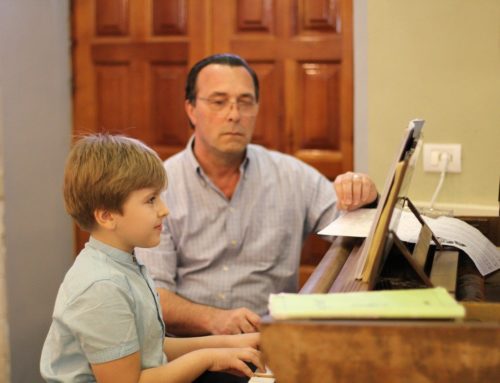
How To Practice Effectively
The key to mastering any skill, whether sports, culinary, or arts is to practice and practice and practice some more; practicing is the repetition of an action with the goal of improvement. It has created renowned masters of specific skills. Below you'll find tips on how to practice effectively.
Practice will help you perform easier. You will feel confident and secure in what you know. This only happens because this sequential repetition affects the brain.
The Brain
The brain is made of grey matter and white matter. The grey matter processes information in the mind to direct signals and sensory stimuli to the nerve cells. White matter is made of fatty tissue and nerve fibers.
For any movement to occur, information must travel from the grey matter to the spine through a network of nerve fibers known as axons. The data then moves to the muscle, which is what causes movement.
This is precisely what happens when you play an instrument or sport or do an activity. So how does practice change the brain or force it to remember?
Practice and the Brain
Axons are found in white matter. They are wrapped with a fatty protein known as Myelin. As you practice, the myelin changes, which is what improves speed and memory. Myelin is like the insulation on electrical cables. It prevents energy loss from electrical signals used by the brain.
Myelin also allows these signals to move along neural pathways faster. As you practice, you build up more and more Myelin. The more layers you create, the faster the transmission occurs. To be precise, you are making what is known as muscle memory.
Effective Practicing
Perfecting a skill is more than how much time you spend doing something. It is also about the quality and effectiveness of practice. Effective practice does not just happen; it has to be planned carefully.
For starters, ensure that it is consistent, happening at a specific time every day. As you practice, you must also ensure that you are focused and keeping distractions at bay. Turn off your phone, TV, and any other source of distraction before you start.
As you practice, start slow in repeated motions. Once you get the rhythm, you can speed up to the point where you feel comfortable. Keep repeating to build muscle memory. Next, break down your practice time and limit the duration to prevent overworking.
Finally, when you are not practicing physically, practice in your imagination. Use your brain to visualize piano playing. This has been proven to help improve skills.
Piano Lessons in San Jose for Beginners
If you are a beginner and would like to take piano lessons, For the Love of Piano Studio offers a unique method called Simply Music that can help you play. It’s also a lot of fun so you will want to practice, practice, practice. Attend a Free Introductory Session to find out more.




